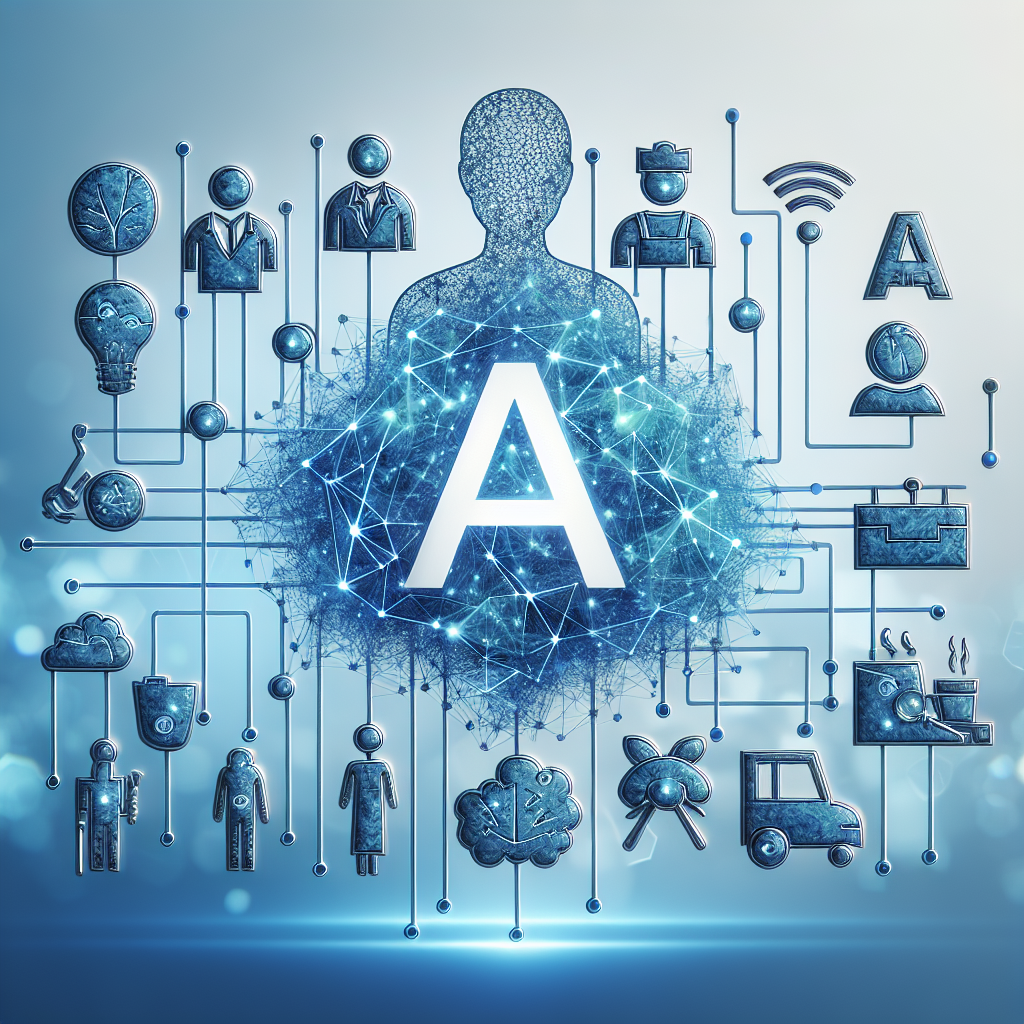The Future of Work: How AGI Will Impact Employment
Artificial General Intelligence (AGI) is a term used to describe a type of artificial intelligence that possesses the ability to understand, learn, and apply knowledge in a way that is indistinguishable from human intelligence. While AGI is still in its early stages of development, many experts believe that it will have a profound impact on the future of work and employment. In this article, we will explore how AGI is expected to impact employment in the coming years and what this means for the workforce of the future.
Impact on Employment
One of the most significant ways that AGI is expected to impact employment is through automation. As AGI systems become more advanced, they will be able to perform a wide range of tasks that are currently done by humans. This includes tasks that require complex decision-making, creativity, and problem-solving skills. As a result, many jobs that are currently done by humans are at risk of being automated by AGI systems.
For example, AGI systems could potentially replace human drivers, customer service representatives, and even doctors. This could lead to widespread job displacement and unemployment in many industries. However, it is important to note that not all jobs will be impacted equally by AGI. Jobs that require a high level of creativity, emotional intelligence, and social skills are less likely to be automated by AGI systems.
In addition to automation, AGI is also expected to create new job opportunities in industries that are currently underserved by human labor. For example, AGI systems could be used to develop new technologies, improve healthcare outcomes, and enhance customer service experiences. This could lead to the creation of new jobs in fields such as AI development, data analysis, and machine learning.
Overall, the impact of AGI on employment is expected to be significant. While automation may lead to job displacement in some industries, it is also expected to create new job opportunities in others. As a result, it is crucial for policymakers, businesses, and individuals to prepare for the changes that AGI will bring to the workforce.
Preparing for the Future
In order to prepare for the future of work in the age of AGI, individuals and organizations will need to adapt to the changing landscape of employment. This includes investing in education and training programs that teach skills that are in high demand in the age of AGI. For example, individuals may need to learn how to work alongside AGI systems, develop new technologies, and analyze complex data sets.
In addition, businesses will need to invest in technologies that can complement the capabilities of AGI systems. This may include implementing AI-powered tools that can streamline operations, improve efficiency, and enhance decision-making processes. By embracing these technologies, businesses can position themselves for success in the age of AGI.
Furthermore, policymakers will need to develop regulations and policies that address the impact of AGI on employment. This may include implementing new labor laws, providing training programs for displaced workers, and creating incentives for businesses to invest in AI technologies. By taking proactive steps to address these challenges, policymakers can help mitigate the negative impact of AGI on the workforce.
FAQs
Q: Will AGI replace all human jobs?
A: While AGI has the potential to automate many jobs that are currently done by humans, not all jobs will be replaced by AGI systems. Jobs that require a high level of creativity, emotional intelligence, and social skills are less likely to be automated by AGI.
Q: What can individuals do to prepare for the future of work in the age of AGI?
A: Individuals can prepare for the future of work by investing in education and training programs that teach skills that are in high demand in the age of AGI. This may include learning how to work alongside AGI systems, develop new technologies, and analyze complex data sets.
Q: How can businesses adapt to the changing landscape of employment in the age of AGI?
A: Businesses can adapt to the changing landscape of employment by investing in technologies that can complement the capabilities of AGI systems. This may include implementing AI-powered tools that can streamline operations, improve efficiency, and enhance decision-making processes.
Q: What role do policymakers play in preparing for the impact of AGI on employment?
A: Policymakers play a crucial role in preparing for the impact of AGI on employment by developing regulations and policies that address the challenges posed by AGI. This may include implementing new labor laws, providing training programs for displaced workers, and creating incentives for businesses to invest in AI technologies.

